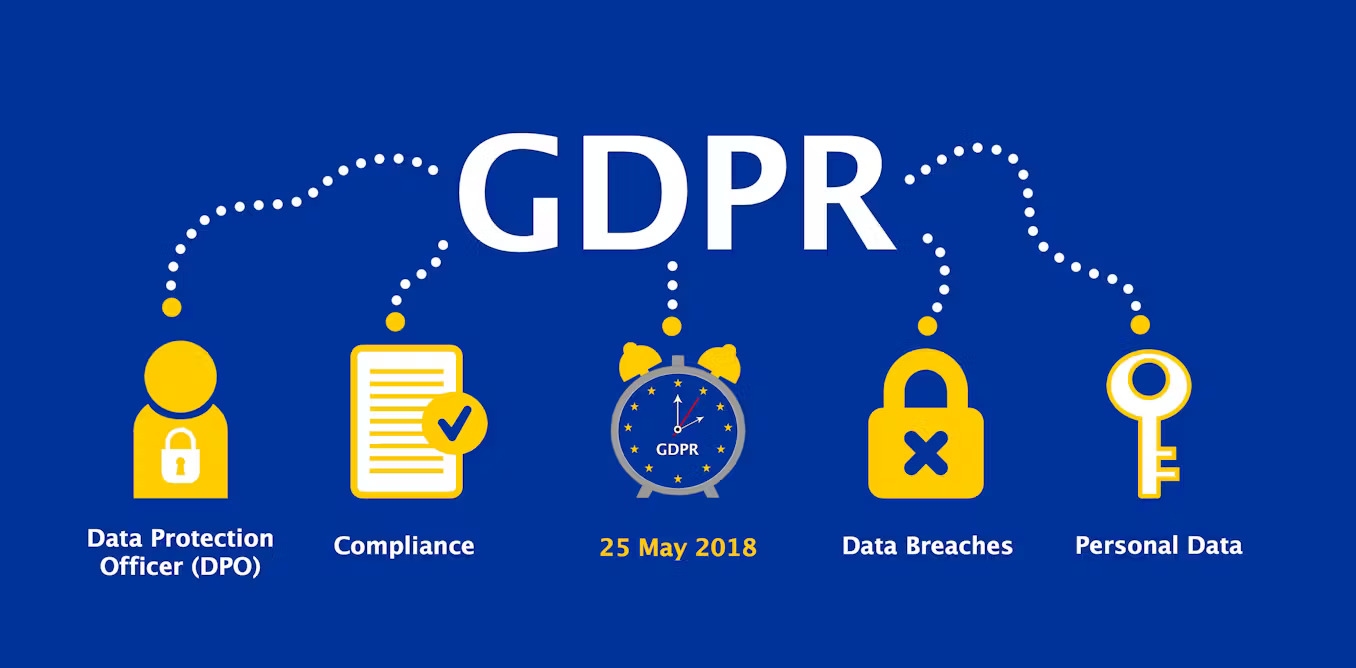The General Data Protection Regulation (GDPR), enacted by the European Union in 2018, establishes a global standard for data privacy and protection. It applies to any organization processing personal data of EU residents, regardless of location.
For Nigerian businesses engaging with EU clients or customers, GDPR compliance is mandatory to avoid fines of up to €20 million or 4% of annual global revenue.
This article examines how Nigerian businesses, supported by Ace Data Protection Consulting, can align with GDPR to meet global standards, enhance trust, and gain a competitive edge.
Why GDPR Matters for Nigerian Businesses
Nigerian businesses in sectors like finance, healthcare, and e-commerce often handle EU residents’ data through international transactions or digital platforms.
The Nigeria Data Protection Act (NDPA) of 2023 shares GDPR’s focus on consent and data subject rights, but is less stringent in areas like mandatory Data Protection Officer (DPO) appointments.
GDPR compliance ensures Nigerian businesses meet both local and global requirements, fostering credibility. For example, a Nigerian fintech processing EU remittances must adhere to GDPR to maintain market access and avoid penalties.
Core GDPR Compliance Requirements
GDPR enforces principles like lawfulness, transparency, data minimization, and accountability. Nigerian businesses must adopt practical measures, including:
- Consent Management: Secure explicit, informed consent and allow easy withdrawal.
- Data Security: Implement AES-256 encryption and robust access controls.
- Data Subject Rights: Facilitate rights to access, rectify, erase, or port data within 30 days.
- Breach Notification: Report breaches within 72 hours, stricter than NDPA timelines.
- DPO Appointment: Designate a DPO for large-scale or sensitive data processing.
Ace Data Protection Consulting aligns with these standards by offering tailored services like DPO-as-a-Service, audits, and cybersecurity solutions, ensuring seamless compliance.
Challenges and Opportunities for Nigerian Businesses
SMEs in Nigeria often lack the resources and expertise for GDPR compliance, compounded by limited NDPA enforcement and low public awareness.
However, compliance unlocks opportunities. GDPR adherence builds customer trust, enhances brand reputation, and opens doors to EU markets. For instance, a Nigerian health platform meeting GDPR standards can attract EU clients.
Ace Data Protection Consulting supports this journey with training, risk assessments, and compliance-driven tools, aligning businesses with global best practices.
How Ace Data Protection Consulting Facilitates Compliance
Ace Data Protection Consulting aligns Nigerian businesses with GDPR through comprehensive services:
- Data Privacy Audits: Identify compliance gaps with detailed risk assessments.
- DPO-as-a-Service: Provide expert DPO support for cost-effective compliance.
- Cybersecurity Solutions: Deploy encryption and intrusion detection systems.
- Training Programs: Equip employees with GDPR and NDPA knowledge.
- Legal Counsel: Offer guidance on data protection laws.
By leveraging Ace’s expertise, businesses streamline compliance, reduce risks, and enhance competitiveness.
Conclusion
GDPR compliance is critical for Nigerian businesses targeting global markets. With Ace Data Protection Consulting’s support, businesses can align with international standards, ensuring compliance with both GDPR and NDPA.
This strategic alignment mitigates risks, builds trust, and positions businesses for success in Nigeria’s growing digital economy. Partner with Ace today to achieve global compliance and unlock new opportunities.

